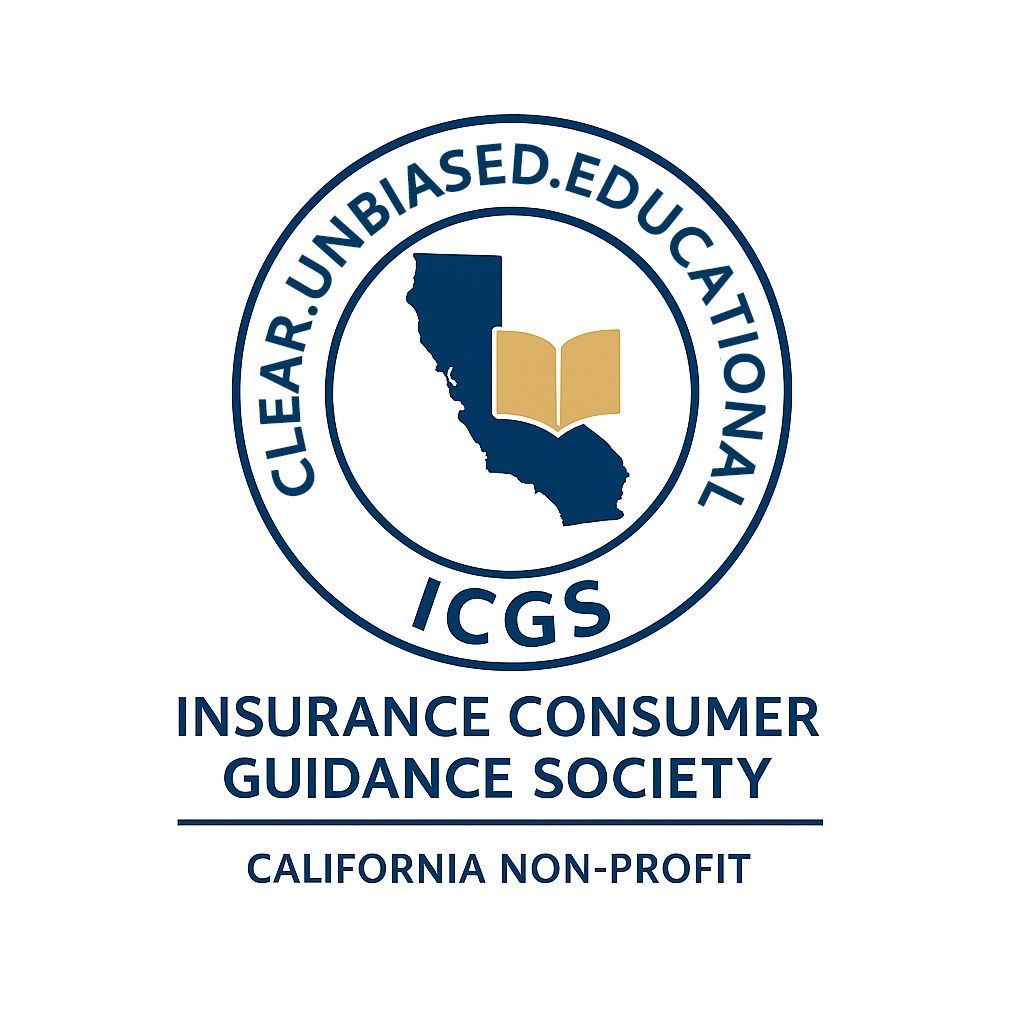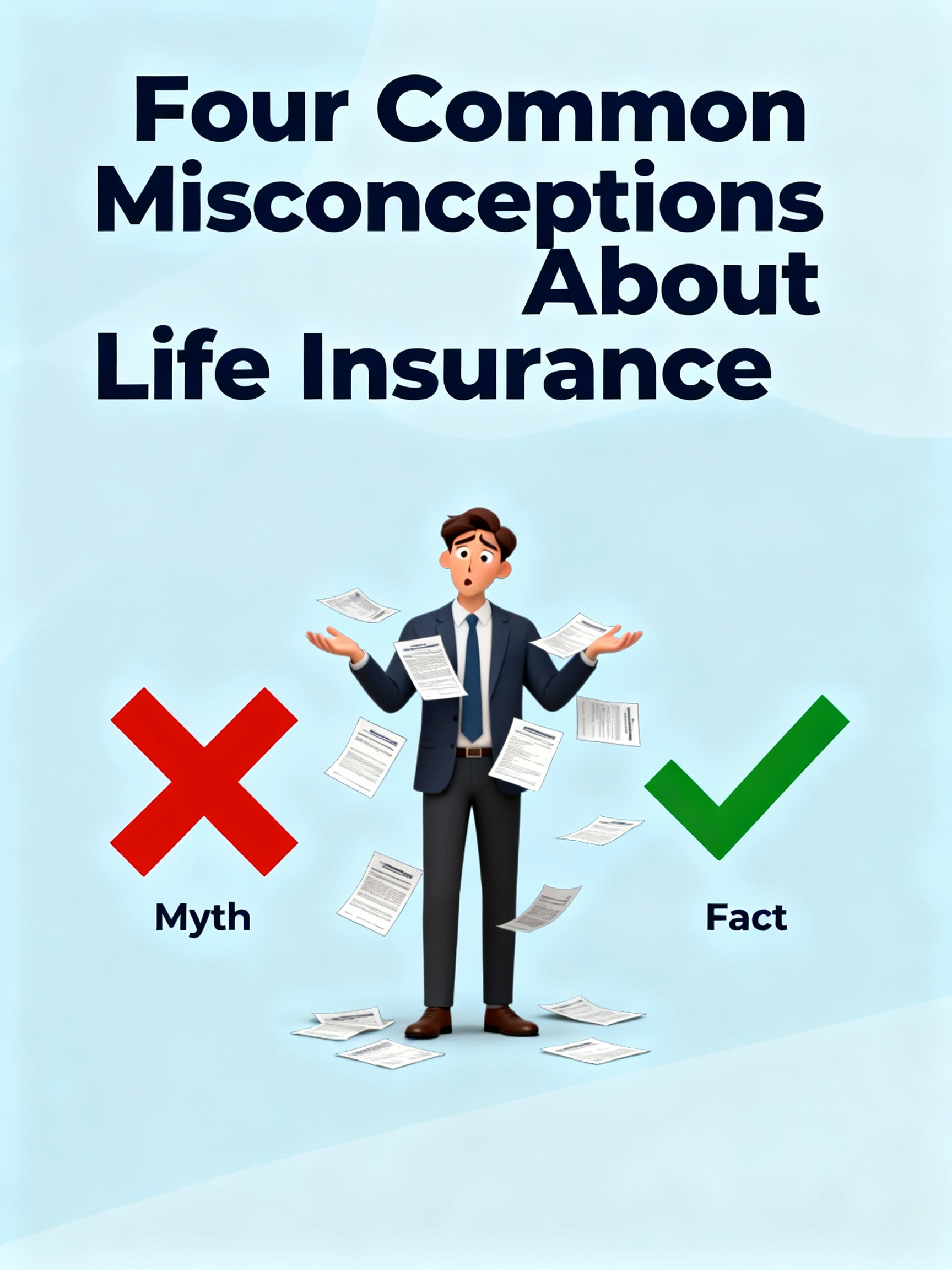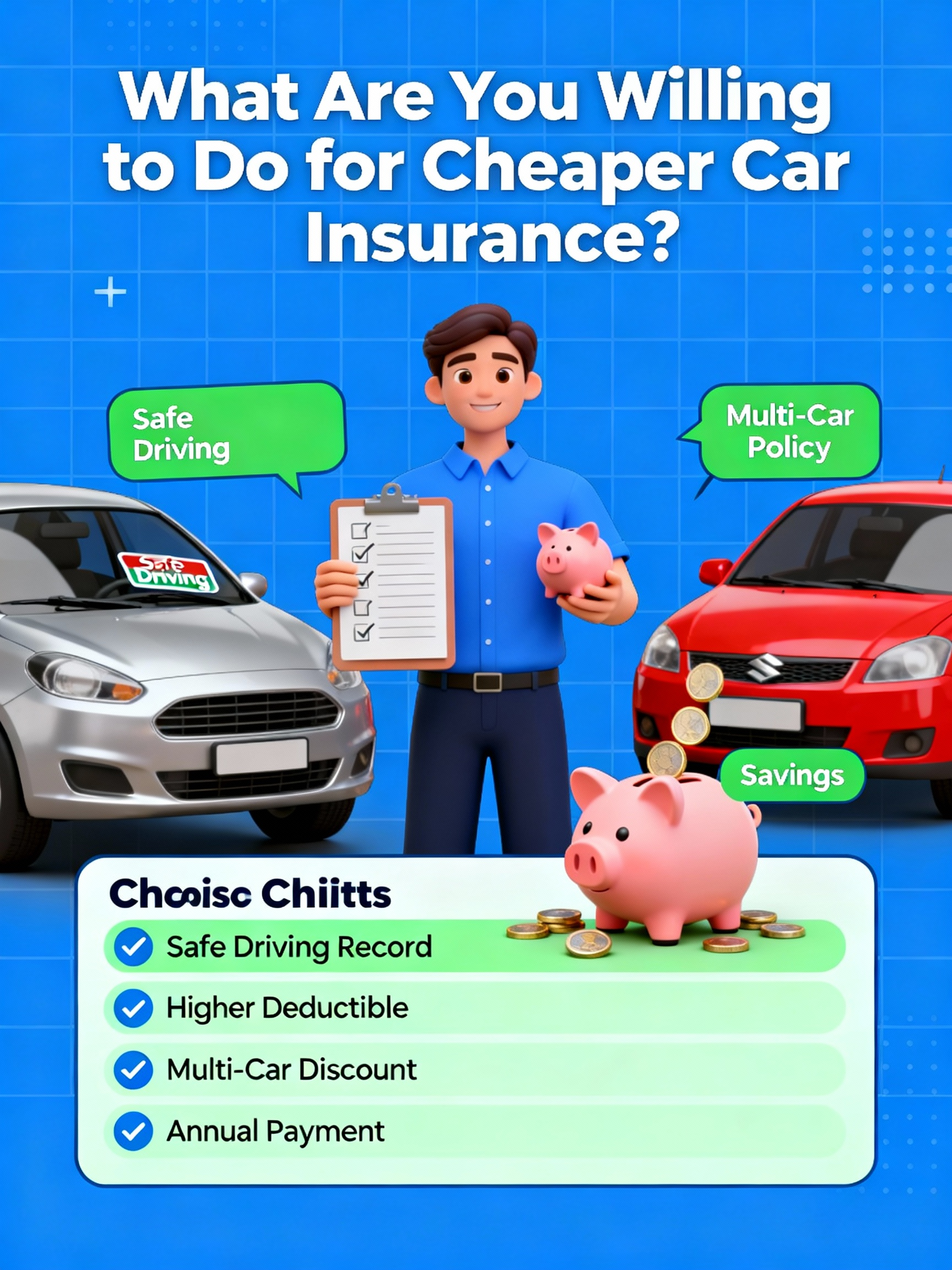Captive vs Independent Insurance Agents Explained
Published Date: 09/10/2024
In today’s complex insurance marketplace, most people buy their coverage through an agent — but few truly understand the differences between the types of agents that exist. Is your insurance representative working for you, or for the company? Are they free to shop around for the best deal, or limited to one carrier’s options?
In a recent episode of Insurance Hour, host Karl Susman broke down the distinctions between captive, employee, and independent insurance agents — explaining how each operates, what motivates them, and who they truly represent. The result was a candid, consumer-focused look at how insurance representation really works.
The Three Types of Insurance Agents
While the word agent is often used broadly, Susman explained that there are three distinct types of insurance representatives:
- Captive agents, who represent one insurance company exclusively
- Employee agents, who work directly as employees of a specific insurer
- Independent agents or brokers, who represent multiple companies and legally represent the consumer
Each model functions very differently, with unique implications for choice, pricing, and advocacy.
Captive Agents: Exclusive to One Company
Captive agents are tied to a single insurance company and can only sell that company’s products.
“You are captive by them,” Susman explained. “If you’re going to offer their product, they don’t want you offering competing ones.”
Because they work with only one insurer, captive agents typically develop deep expertise in that company’s policies, underwriting guidelines, and internal systems.
Advantages of captive agents:
- Strong knowledge of one carrier’s products
- Close internal relationships with underwriters and claims staff
- Long-term consistency with one company
Limitations of captive agents:
- No ability to shop the broader market
- Incentive to sell what their company offers, even if it’s not the best fit
“A good captive agent will tell you if their company doesn’t have what you need,” Susman noted. “But remember — they want your business. That’s how they make a living.”
Employee Agents: The Corporate Sales Model
Employee agents go one step further than captive agents — they are direct employees of the insurance company whose policies they sell.
“With employee agents,” Susman explained, “they’re not even pretending. They are clearly motivated to write the policy that comes from the company that employs them.”
These agents are salaried or quota-driven employees operating fully within a company’s internal sales and service structure.
Advantages of employee agents:
- Direct access to company systems and resources
- Faster internal communication
- Consistent branding and service processes
Limitations of employee agents:
- No ability to compare quotes across multiple insurers
- Sales targets may influence recommendations
Susman compared the process to forcing the wrong shape into the wrong slot.
“Employee agents sometimes try to make a circle fit into a square because they have to sell what they’ve got,” he said.
This is not necessarily dishonesty, he clarified — it’s simply a structural limitation of the role.
Independent Agents: Advocates for the Consumer
Independent agents and brokers operate under a completely different model. They are not employees of any insurance company and are free to place coverage with multiple carriers.
“They represent you to the insurance companies,” Susman emphasized. “By law, they work for you, not the carrier.”
This independence allows brokers to shop the market and customize coverages across different insurers.
Advantages of independent agents:
- Ability to compare pricing and coverage across multiple carriers
- Legal obligation to act in the client’s best interest
- Customized insurance solutions for complex needs
- Broader underwriting and claims relationships
Limitations of independent agents:
- Quality and experience vary widely
- They can only sell for carriers where they are officially appointed
“If your broker only has one or two appointments,” Susman cautioned, “that’s a red flag. A good independent broker should have at least 10 to 20 active markets.”
Choosing the Right Agent for Your Needs
The right type of agent depends largely on the complexity of your insurance needs.
If your situation is straightforward — one home, one vehicle, and no specialty risks — a captive agent may provide efficient and adequate service.
But for homeowners with multiple properties, business interests, or elevated risk exposures, independent agents often excel at building layered, customized coverage solutions.
“Independent brokers shine when it comes to complex cases,” Susman said. “They can navigate multiple carriers to structure protection a captive agent simply can’t.”
Still, Susman emphasized that ethics matter more than structure.
“A good captive agent will tell you when they can’t help you,” he said. “A bad independent broker will sell you anything that earns a commission.”
How to Know You’re Working With a Good Agent
Regardless of the agent type, Susman outlined clear indicators of quality service:
- Transparent compensation and carrier relationships
- Willingness to educate, not just sell
- Responsiveness during claims and renewals
- Proactive annual policy reviews
- Accountability when problems arise
If these qualities are missing, it may be time to explore alternatives.
“That’s when you’re the circle being shoved into the square,” Susman joked. “Don’t settle for that.”
Why Professional Relationships Matter
Beyond sales, long-term relationships with underwriters and claims professionals can dramatically affect service quality.
“The adjusters and underwriters tend to stay put,” Susman explained. “So when your broker has worked with a carrier for years, they know exactly who to call when things stall.”
The same dynamic applies to captive and employee agents within their companies. Familiarity often translates into faster resolutions and fewer obstacles — especially during claims.
Who Is Really on Your Side?
Legally speaking, independent agents represent the consumer, while captive and employee agents represent the insurer. That distinction matters.
But in reality, service quality often comes down to the integrity of the individual.
“It’s not about who they work for,” Susman concluded. “It’s about how they work for you.”
The Bottom Line for Insurance Consumers
Understanding how insurance agents operate gives you real leverage as a buyer.
- Captive agents provide deep company knowledge but limited choice
- Employee agents offer streamlined corporate service with no market flexibility
- Independent agents deliver choice, advocacy, and customization — with wide variation in quality
Ultimately, the best agent is one who listens, explains clearly, discloses limitations, and acts with transparency.
“We’re here so you can make informed decisions,” Susman said. “That’s what insurance is all about — knowing your options, knowing who’s on your side, and protecting what matters most.”
Author






